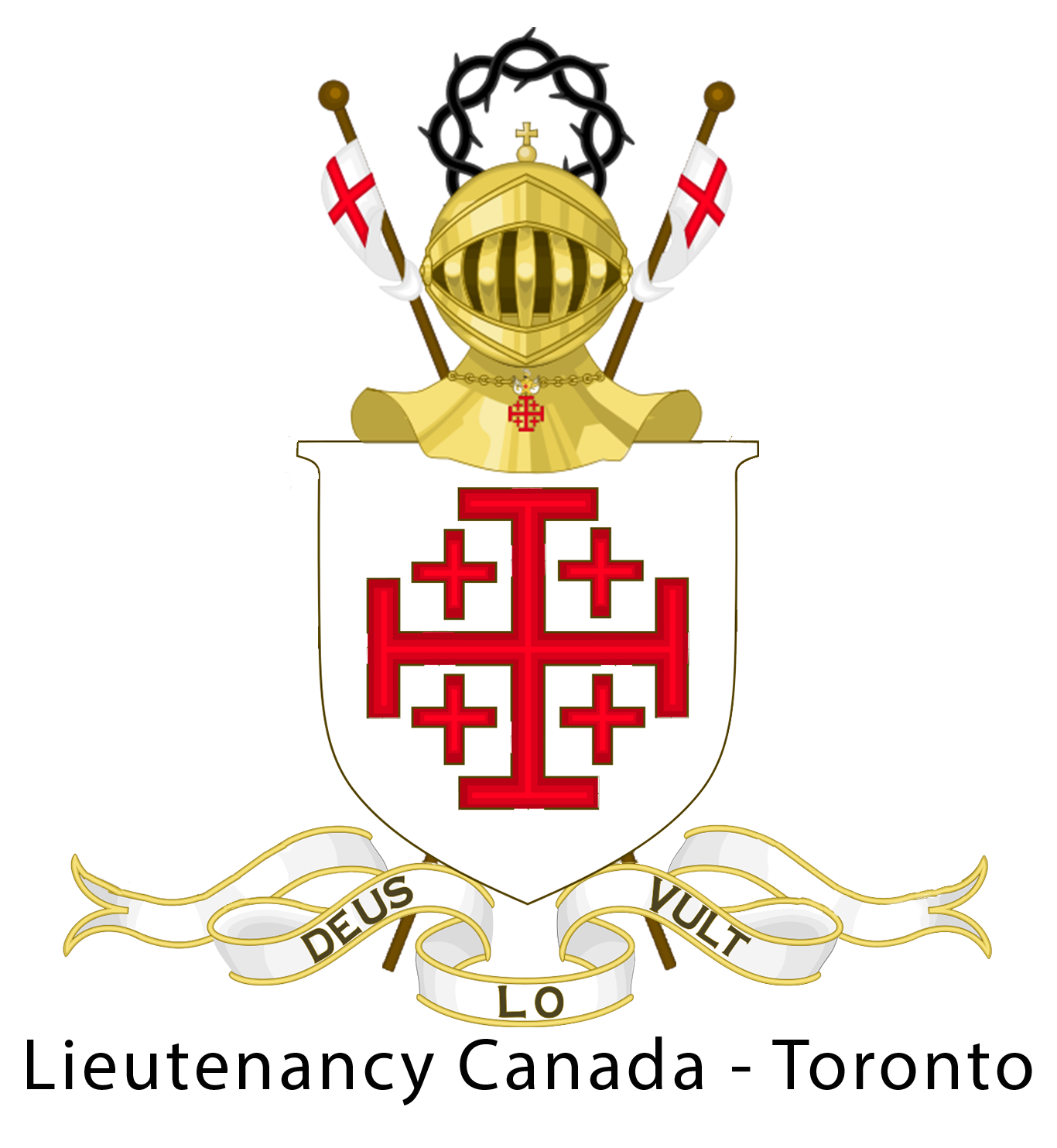Amazon River: A boat carrying Christ’s hope and consolation
By Sister Débora Evangelina Vargas, A.S.C.J.
Sister Marcia Lopes Assis belongs to the Congregation of the Apostles of the Sacred Heart of Jesus. She carries out her pastoral work at the Nuestra Señora de la Salud Parish in Juruti-Pará in the Amazon. The parish is part of the Diocese of Óbidos, in Brazil.
Sister Marcia shares that her “vocation has been a missionary one from the very beginning”, and that throughout her journey, God has always surprised her in every missionary experience he has granted her.
“They have all been extraordinary and intense experiences, and I am very grateful for them," she says. "Juruti is no different; it’s a wonderful experience which has allowed me to rediscover the essence of my vocation and of the charism of our founder, which I carry inside me. Here, ‘home’ does not have the same connotation that it does in other places, where we think of something static that meets all our needs or where we are safe from external threats. Here, ‘home’ can be found in a rowboat or in a hammock set up under a mango tree; on the street or in an open shelter or inside one’s own sacristy.”
Children: the best teachers
Among her varied activities, the consecrated woman is a consultant for the Parish Missionary Council (COMIPA), which takes up Pope Francis’ invitation to be a “Church which goes forth," a missionary Church. COMIPA’s goal is to reach the 78 communities that make up the parish sector, especially those which are most remote—more than 60 kilometres away—the most fragile and most in need.
Crossing the Amazon River, explains Sister Marcia, “is no easy task. When we arrived at the community of Santa Rita, I was greeted by the children, who were very timid and frightened by the arrival of a stranger, but we soon became very close. Some are afraid because they confuse me with a nurse or a dentist; others call me teacher, but most of them are captivated and stay close, saying they too will be religious when they grow up.”
As a token of their gratitude, the children offered to teach the religious sister to row. “I found the best teachers among the children," she adds.
Sister Marcia Lopes Assis with the children of the Island of Santa Rita, in the Amazon, Brazil
Challenging nature
One of the many challenges presented by the area where Sister Marcia carries out her mission is the phenomenon of “tierra caída," that is to say, the islands which have disappeared due to the constant force of the waters.
This causes some houses to be flooded, and many families must leave until the water level goes back down. This results in the academic year following not the civil calendar but the “water calendar.” There is a boat that picks children up at home and takes them to school.
Sleeping in a hammock with the sound of the river, not having a landline or a cellphone, and other experiences, helped the religious sister encounter compassion and learn a great lesson.
“Accepting things as they are” and being grateful for the witness of strength, hope, and resilience the families offer.
A boat carrying hope
The sister is part of a group of 35 collaborators who navigate the “Pope Francis Hospital Boat.” The team includes 10 doctors, two dentists, and one priest, Fr. Alfonso Lambert. It is a home of welcoming, of striving, of defending life, and of evangelization, simplicity, and love.
A day on the boat starts very early in the morning with Holy Mass. Then the professionals treat the people according to their symptoms.
“I am in charge of welcoming the families, evangelizing the children and accompanying the sick after a surgery or taking them to their medical visits if they cannot get there on their own. I distribute the Eucharist to the sick," says Sister Marcia.
Sister Marcia brings Communion to the sick on the Island of São Sebastião, in the Amazon, Brazil
On their expeditions, they have tended to about 5,200 people and, in some cases, performed simple surgeries. Some patients had been waiting for eight years.
On their itinerary, they have visited the Aritapera region and the Mamuru Indigenous region. “We could make an analogy between the Hospital Boat and Jesus: just as they would bring all the sick to him so he could heal them, the same happened with the Hospital Boat," affirms Sister Marcia.
In that period, the sister experienced a Samaritan Church which offered love as a cure.
“There is a purpose that gives meaning to where one is and to what one does. May nothing hinder us from being a mission wherever Providence places us, and may love be the driving force of all," the sister concludes.
